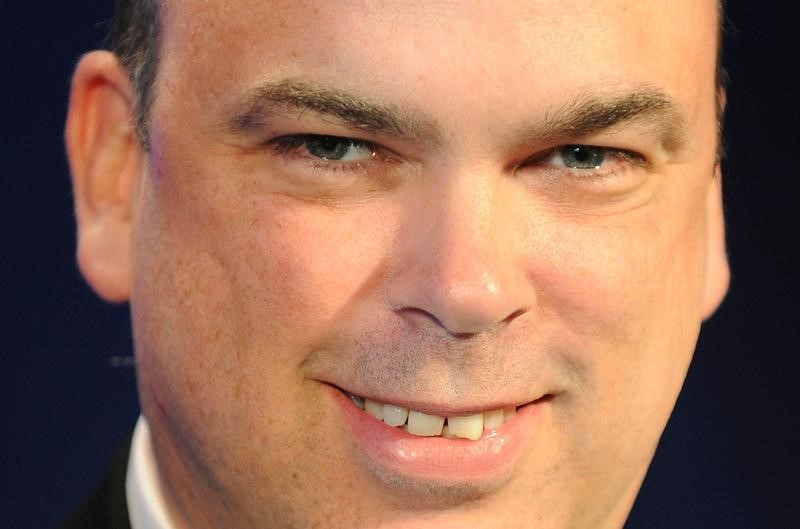By Paul Sandle
LONDON (Reuters) - British IT entrepreneur Mike Lynch said Hewlett-Packard Co had failed to produce a "smoking gun" to back its claim he masterminded a complex fraud that led it to overpay by more than $5 billion (£3.29 billion) when HP bought Autonomy in 2011.
The U.S. company is suing Autonomy founder Lynch and former Autonomy finance director Sushovan Hussain for in excess of $5 billion in damages over their management of Autonomy, which it acquired for $11.7 billion.
Autonomy was supposed to be the foundation of a shift into software and services for the Silicon Valley computer maker, but the deal quickly soured, with HP accusing Autonomy's management of "systematically" hiding the performance of the company through improper deals and accounting practices.
HP said in its court filing it believed it was acquiring a rapidly growing company that was gaining market share, but it turned out Autonomy was not growing as quickly as it appeared and was losing market share.
As a result, it said it overpaid for Autonomy by at least 3.2 billion pounds, or about $5 billion.
Lynch said HP's claim was "a simple rehash of previous leaks and insinuations that add up to one long disagreement over accounting treatment".
"That's not fraud," he told Reuters in an interview.
HP said it had served its claim against Lynch and Hussain in London on April 17.
"Lynch and Hussain caused Autonomy group companies to engage in improper transactions and accounting practices," it said, adding gross and net profits had been overstated.
It said Autonomy overstated revenue from software and related services activities by as much as 52 percent in the final quarter of 2010, and by an average of 35.9 percent in the two quarters before it agreed to be bought.
Hussain, who has a separate legal team, has not commented publicly.
Lynch said contracts disputed by HP were reviewed by Autonomy's auditor Deloitte, and there was no money missing in the company. Deloitte has said it stands by its audits.
The disagreements over the acquisition have triggered investigations by authorities on both sides of the Atlantic. The Serious Fraud Office closed its probe in January, saying there was not enough evidence to secure a conviction.

Investigations by U.S. authorities are ongoing, though Lynch said on Tuesday he had not been contacted about the deal.